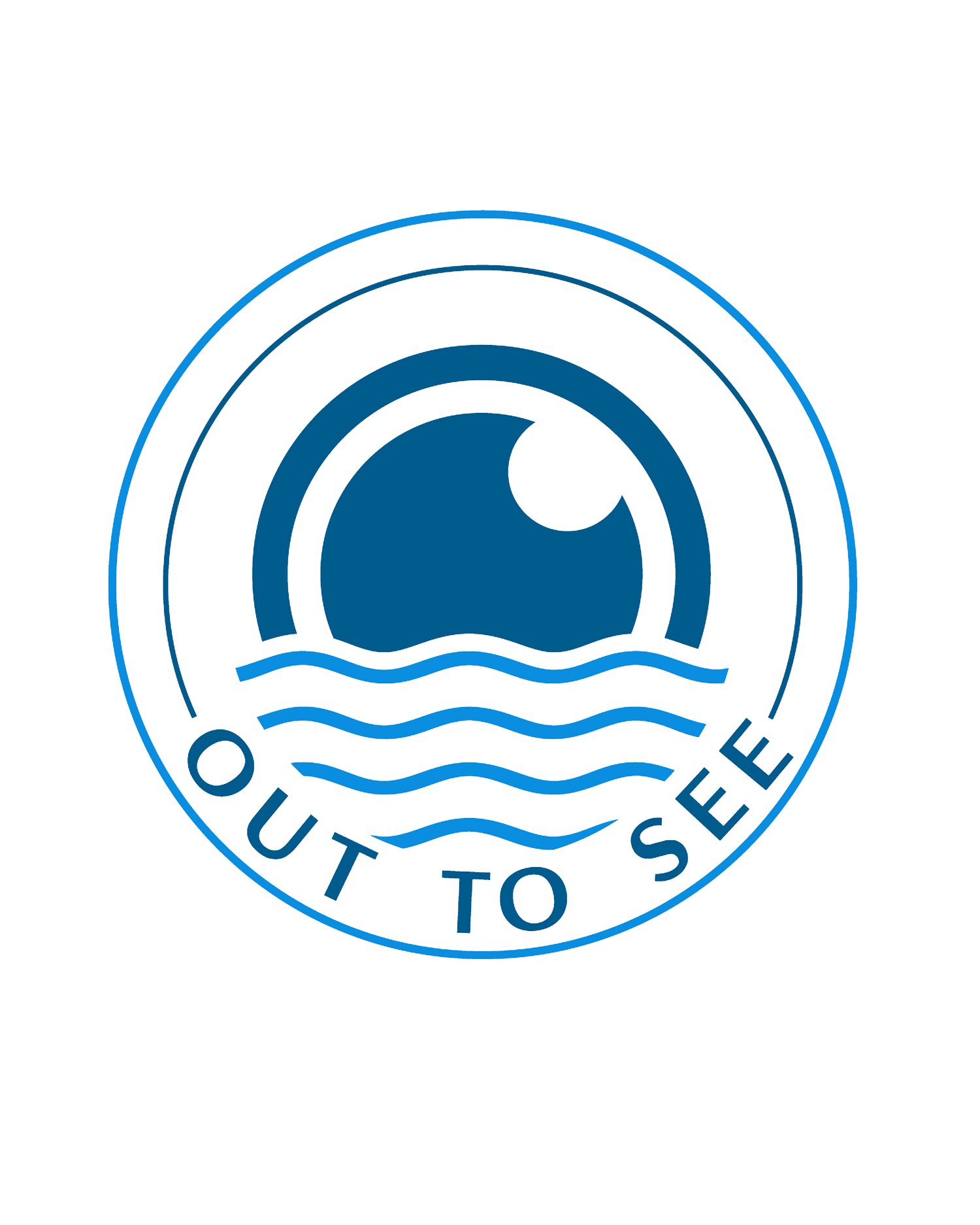
Comprehensive Eye Exams In Kailua, HI
A comprehensive eye exam is a thorough evaluation of your visual system and overall eye health. It typically includes a number of tests and procedures to assess your vision, check for any eye conditions or diseases, and determine your eyeglass prescription.
During a comprehensive eye exam, the eye doctor will often do the following:
Test your visual acuity: This involves reading an eye chart to measure how well you can see at various distances.
Evaluate your pupil responses: The doctor will evaluate how your pupils respond to light, which provides information about your nervous system.
Check your eye muscles: The doctor will use a small light to see how well your eye muscles move your eyes.
Test your peripheral vision: The doctor may use a machine or their hands to measure your peripheral (side) vision.
Examine the front of your eyes: The doctor will use a microscope with a bright light and magnification to examine the front of your eyes, including the eyelids, conjunctiva, cornea, iris, and lens.
Check the inside of your eyes: The doctor will utilize a wide angle camera to capture photos of the back of your eyes, including the retina and optic nerve. They may need to use eye drops to widen your pupils so they can look with a lens.
Check the pressure of your eyes: The doctor will measure the pressure inside your eyes, which is a risk factor for glaucoma.
Determine your eyeglass or contact lens prescription: The doctor will use a digital machine to determine your eyeglass prescription. This prescription is also used to determine the best contact lens options.
